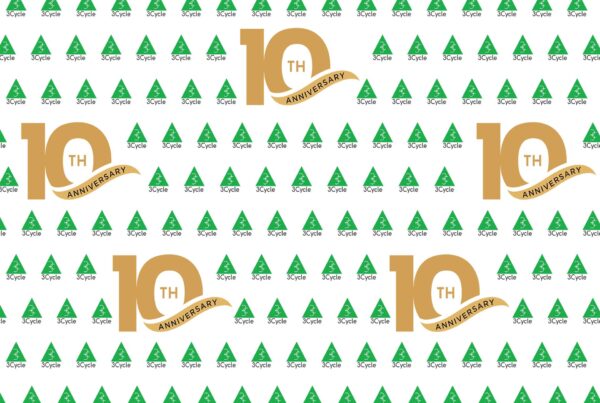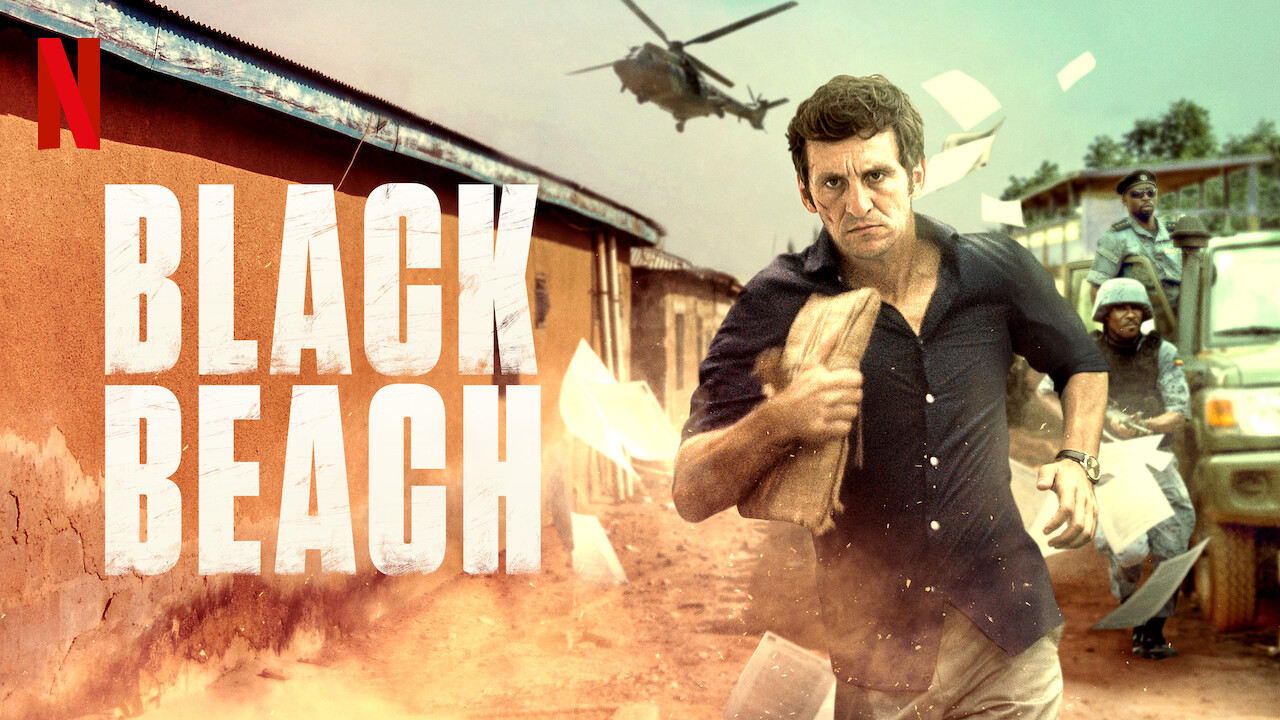In Firefly Lane, the series that premiered on Netflix on 3 February, Katherine Heigl plays Tully, a multifaceted character. Illustrious dubber Barbara De Bortoli tells us more about her: «ever since I started dubbing her, even before Grey’s Anatomy, she has evolved, as an actress. She has obviously matured as a woman, she has experienced motherhood. She has changed so much that she almost interrupted her collaboration with the cast of Grey’s Anatomy and with Shonda Rhimes, owing to the fact that she wanted to try something new. She also appeared in feature films, in comedies and set up her own productions. I’ve been dubbing her for 20 years and I have always liked her a lot, because she’s a versatile actress that adapts well to both dramas and comedies. In Firefly Lane her performance is multifaceted, as is the series, which makes you both laugh and cry. It’s a series that can really move you and for which you somehow grow passionate.
It’s very focussed on women: it’s about a lovely friendship between two girls, who grow up together. They’re almost a family. They love each other so much that they face everything together, they have each other’s backs, they mature, they evolve, they experience love… but they know they can always trust each other. It’s really touching. It would be a blessing to find friends like these.
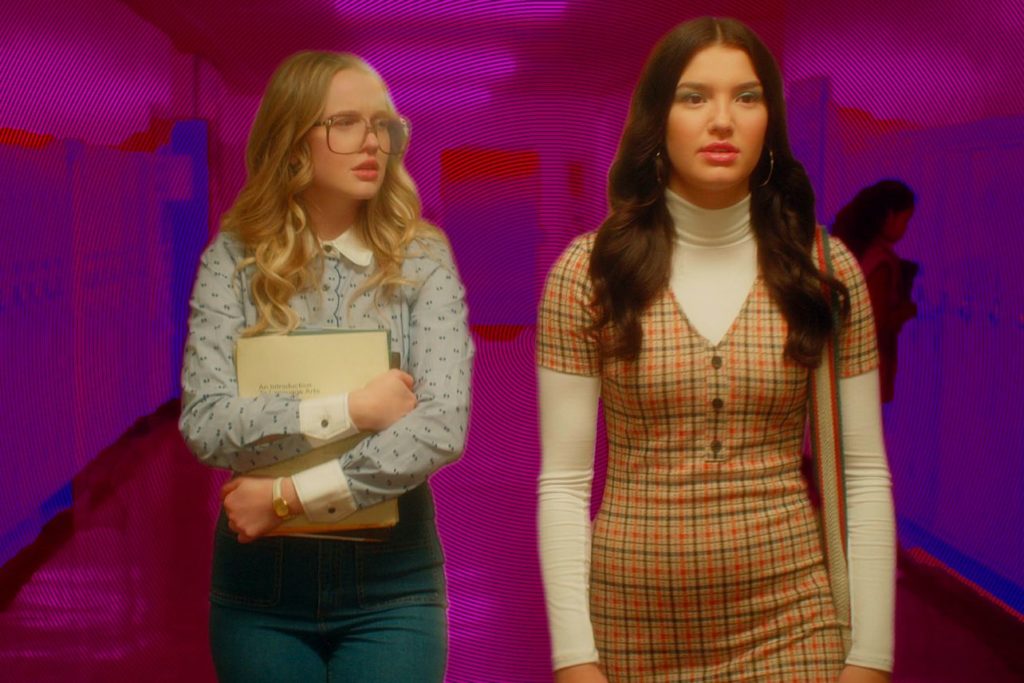
Take Katherine Heigl: she is one of those actresses that still pose a challenge – despite the fact that I’ve been dubbing her for 20 years – because of her versatility. My approach to my job is always very humble. I like to work on different types of products, with different colleagues and try my hand at dubbing actresses who I feel are ‘mine’, because you never stop learning. That, in my opinion, is the key to success in this field of work. Luck obviously factors in too: if you are associated with actresses that evolve, that appear in good movies and good series, then that’s clearly an asset. But great perseverance is required and I must say that I’m a bit of a nerd in this regard… This job has clearly changed over the years; there have been technical and technological developments, but I still like it a lot.
I’ve been in the dubbing industry for over 40 years and I am still full of energy and passionate about it.
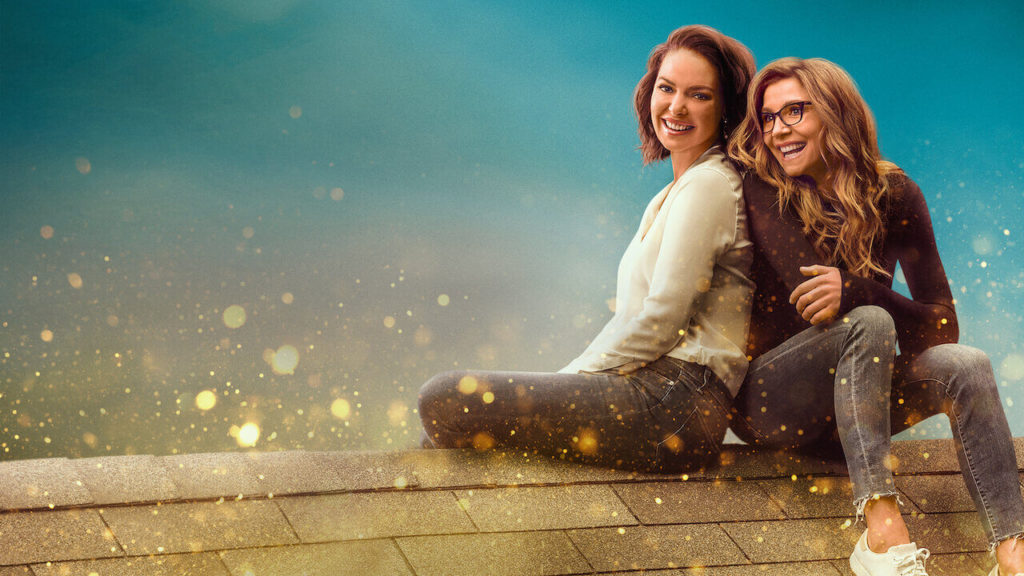
I started dubbing when I was a child: I actually appeared in a film starring Renato Pozzetto, then I was called to dub myself and that’s when a dubbing assistant recommended me for some minor dubbing roles. At first I didn’t even take it too seriously, it was all rather easy-going. I felt safe, in a protected world, which involved great expertise and professionalism. I still have fond memories of working with Anna Miserocchi, Cesare Barbetti, Pino Locchi, Ferruccio Amendola… the list could go on forever. I must say that when I went to work I felt I was going to a gig. Those of my generation truly experienced great professionalism. Professionalism is still there now, by all means… but those were the iconic voices, that made our mothers dream. However, I’ll never grow tired of stressing that the key element for doing this job well is respecting the work done by the actor and the film director, for everything that was done over so much time. An actor or an actress works on the film for three or four months and we have to make it all credible while mediating between the original language and the Italian version, always trying to retain and respect the original meaning, the acting, the expressions chosen by the actor/actress.
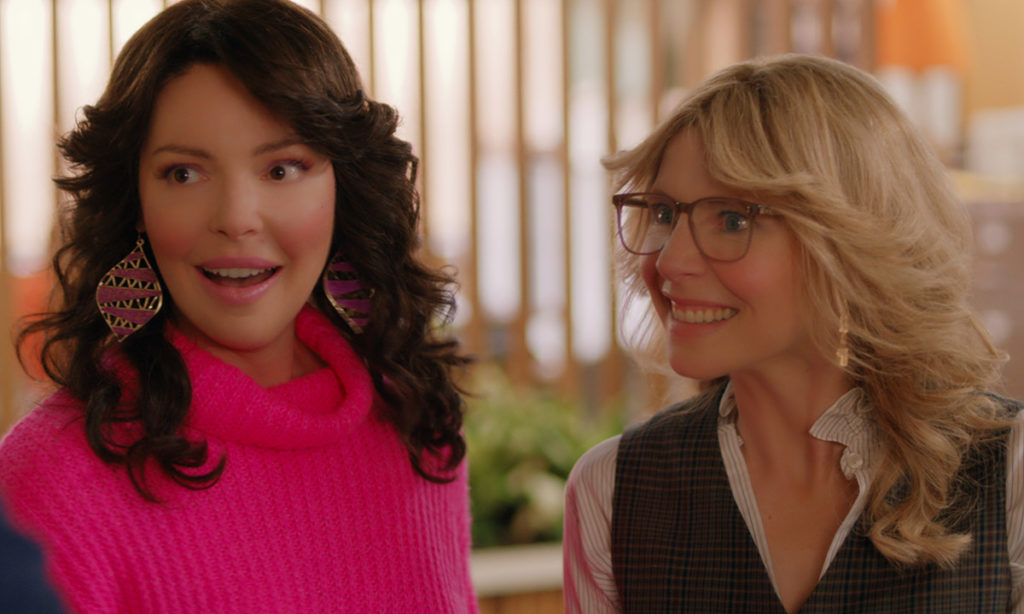
That’s why I love antagonistic personalities and characters: it allows me to resort to nuances other than the ones I usually use. I’d love to dub a great villain – such as Cruella De Vil, a character that greatly differs from the ones I usually dub – because I’m always looking for something different, for something new.
I want a challenge, something that allows me to change and improve. Never sitting back is paramount for me.»



